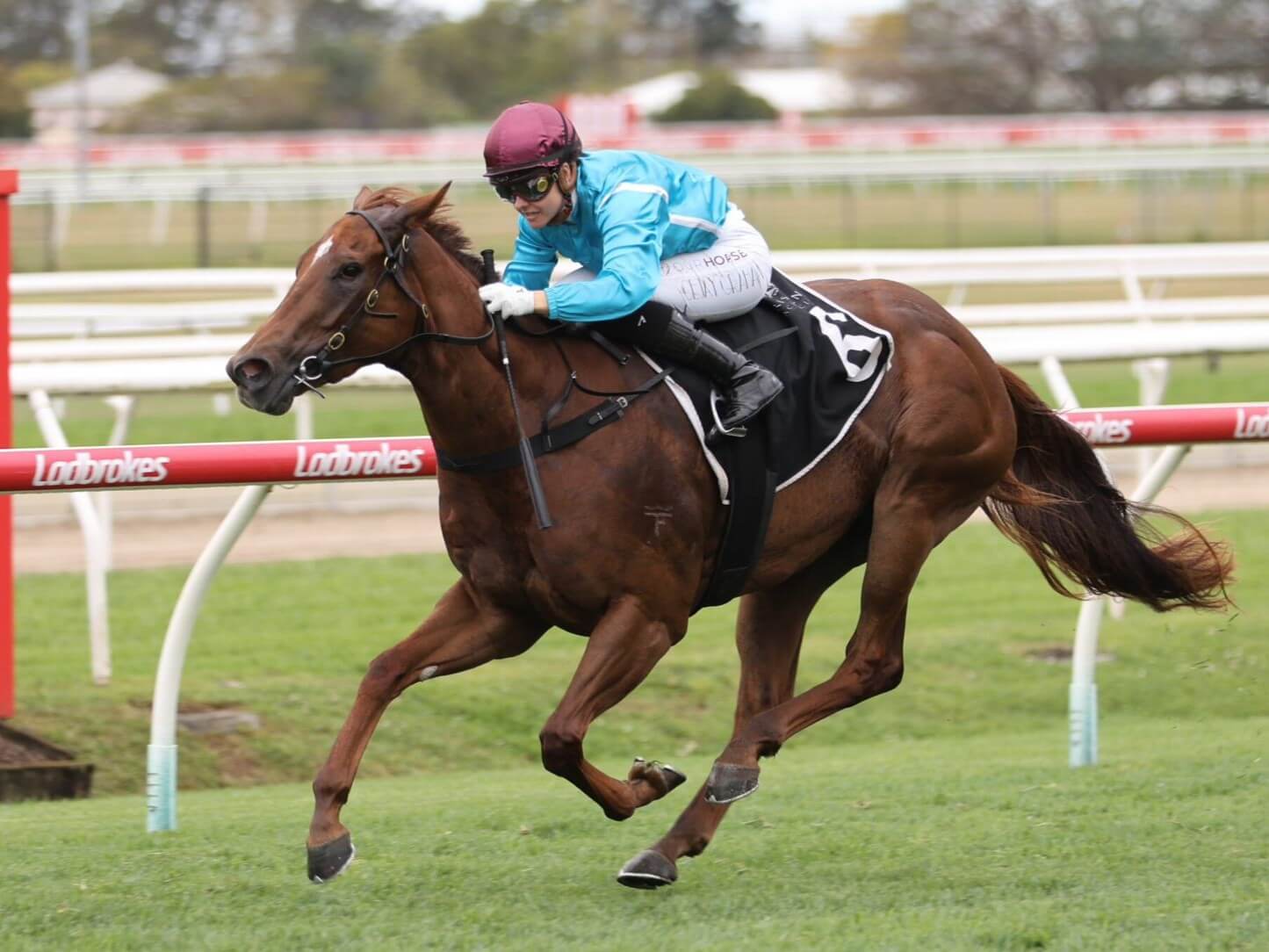The X-Ray Files, Season 2: Craig ‘Boomer’ Rounsefell
The X-Ray Files, now in its second year and presented in cooperation with the Consignors and Breeders’ Association, uses conversations with buyers and sellers to contribute to the dialogue on the sales and training process.
Craig Rounsefell of Boomer Bloodstock has purchased top-level winners all over the world, from his native Australia, to England and the U.S. He purchased 2016 GI Breeders’ Cup Turf Sprint winner Obviously (Ire) (Choisir {Aus}) at the Tattersalls October sale, while 2021 GI Frank Kilroe Mile winner Hit the Road (More Than Ready) was acquired at the Keeneland September sale and Australian Group 1 winners Scales of Justice (Aus) (Not a Single Doubt {Aus}) and Tuvalu (Aus) (Kermadec {NZ}) were purchased at the Inglis Melbourne Premier Yearling Sale.
Preparing for the two-week blitz of the Keeneland September Yearling Sale, Rounsefell compared his experiences at yearling auctions across the globe.
“I enjoy working the U.S. yearling sales, particularly Keeneland September, due to the large volume of horses offered and thus the opportunities this presents,” Rounsefell said. “The nature of this sale and the system at Keeneland is such that you are inspecting whilst the sale is going on, whereas in Australia all your inspections are complete before the sale starts. I think this may detract from the sales experience for buyers and owners in this scenario, as there is little time to entertain. Although Keeneland has first-class facilities and is always working to improve the buyers’ experience.”
Rounsefell also sees a difference when it comes to scoping horses at U.S. yearling sales versus their Australian counterparts. While there was a concerted push to encourage buyers at American sales to use video scopes provided in the repository some five years, it seems to remain a far more utilized technology overseas than it does in the U.S., according to Rounsefell.
“In Australia, the large majority of the buying bench are happy to rely on a video scope taken on the sales grounds and lodged in the repository,” he said. “Whereas in the U.S., the vets are still individually scoping a large portion of the yearlings at the sale. This obviously presents its own issues when a horse is popular.”
Rounsefell has proven it is possible to find Grade I performers without breaking the bank. He purchased Hit the Road for $160,000 at the 2018 Keeneland September sale, while Scales of Justice was acquired for just about that same price at Inglis in 2014. Hit the Road earned over $600,000 on the track, while Scales of Justice has banked well over $1.6 million.
The Australian credits his bargain purchase successes with focusing on the individual in front of him, rather than the catalogue page.
“We have had success in the middle market, both in Australia, U.K. and U.S. by focusing on type rather than pedigree,” Rounsefell explained. “I think particularly at a yearling sale, if you are working on a lower budget, you have to forgive in one area. All of the trainers I work with always remind me that they can only train what is on the end of the shank, so the physical is paramount. To find value, we look for stallions that are successful, but not fashionable at the time for whatever reason due to their age or commercial appeal. Similarly, it may be an unknown stallion from a mare that has thrown runners and this can also give you an opportunity to get a decent runner on a budget.”
One area where it’s not always possible to compromise is on the vet report, Rounsefell said.
“Generally, the trainers I buy for don’t compromise on their vetting, especially for places like California or Hong Kong,” he said. “Although this very much depends on where the horse will be trained as to the risk tolerance of the vetting.”
Rounsefell has served as president of the Federation of Bloodstock Agents of Australia since 2020. Formed in 1988, the organization sets an ethical standard for its members to live up to.
“In Australia, the FBAA aims to raise the standard for bloodstock agents,” Rounsefell said. “We have 30 accredited members who agree to be held to account by our strict and enforceable code of ethics.”
A similar group in the U.S. could give buyers more confidence when entering the sales pavilion, according to Rounsefell.
“I think having a Federation of Bloodstock Agents in America would be a positive step for the industry as a whole and I am somewhat surprised one has not been established,” he said. “It would increase transparency and thus confidence in the market and encourage new investment.”
Transparency is also a buzzword for Rounsefell’s social media presence. The Boomer Bloodstock website features a “Learn” tab which provides detailed information on everything from breeding and racing to buying and selling and insurance.
“Boomer Bloodstock works with Kick Collective to produce content for social media with a large emphasis on education,” Rounsefell said. “We felt there was a lack of reliable information that is accessible for those interested in horse ownership or even for those that have been in the game for many years. So we started the learning center on the Boomer Bloodstock website, which is amplified through social media. I think by sharing your IP in the various areas of racing and breeding, it is a positive step to removing barriers to entry for horse ownership and involvement in the industry.”
This article was written by Jessica Martini for The TDN.






